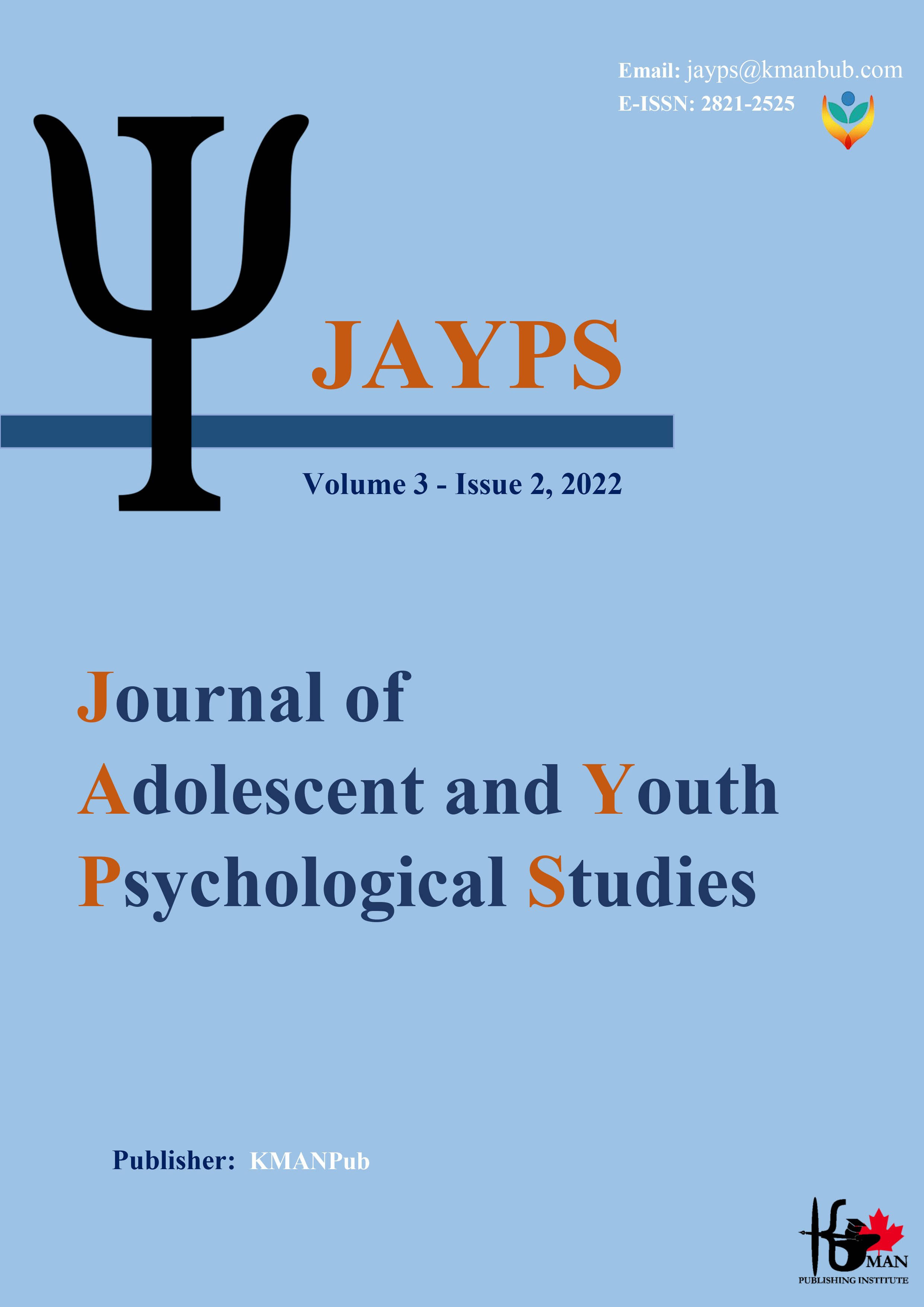The Effectiveness of Schema Therapy training on Perfectionism and Fear of Intimacy in female with obesity
Keywords:
perfectionism, fear of intimacy, schema therapy, obesityAbstract
The aim of this study was to evaluate the effectiveness of schema therapy training on perfectionism and fear of intimacy in women with obesity in Tehran in 1399. The research method is quasi-experimental with pre-test-post-test design with control and follow-up groups. The statistical population of the study consisted of all obese women referred to the nutrition and diet therapy clinic in Tehran, from which 40 people were selected by purposive sampling method and randomly in an experimental group (20 people in each group) and one The control group (20 people) was assigned. The experimental group underwent 12 sessions of 60 minutes and the control group remained on the waiting list. The instruments used in the present study included the Perfectionism (Terry Short et al., 1995), and the Fear of Intimacy Questionnaire (Deskatner and Tellen, 1991). Analysis of information obtained from the questionnaire was performed in two parts: descriptive and inferential (analysis of variance with repeated measures). The results showed that schema therapy training has an effect on the components of perfectionism (positive perfectionism and negative perfectionism) in women with obesity. The results also showed that schema therapy training has an effect on the components of fear of intimacy (fear of intimacy in relation to the spouse and fear of intimacy in relation to others) of women with obesity. The results showed the effectiveness of schema therapy training on perfectionism and fear of intimacy in obese women. Therefore, therapists can use this method to promote mental health in women with obesity.
Downloads
Downloads
Published
Submitted
Revised
Accepted
Issue
Section
License

This work is licensed under a Creative Commons Attribution-NonCommercial 4.0 International License.









